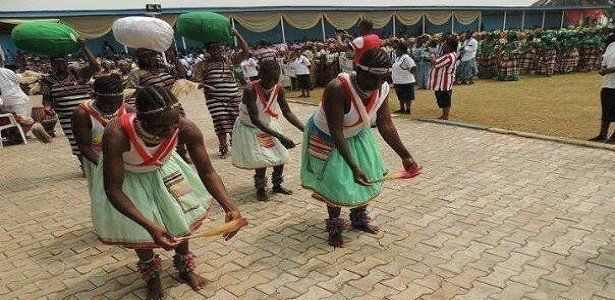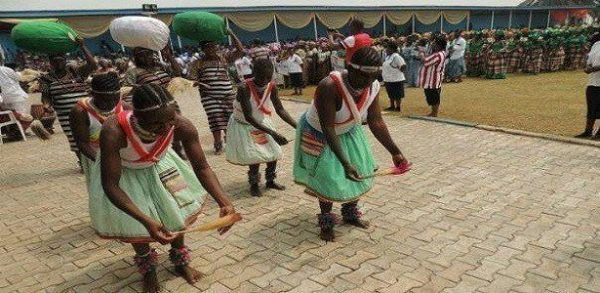Popularly referred to as Adara, the variations of the name include Kadara, Ajuah (or Ajure), Ajuwa, Azuwa and Adaa. These people are one of the largest ethnic groups in southern Kaduna, specifically in Kachia and Kajuru Local Government Areas; areas south of the present state of Kaduna in Nigeria. They are also found in significant numbers in Niger state in the Middle Belt region of Nigeria and with a high concentration of them in the northern part of Abuja, the capital of Nigeria. They speak Eda (Kadara) mainly. Dialects of the Adara language include the Adara dialect, Eneje, Ada, Ekhwa, and Ajiya.
Origin and Brief Historicity of the Adara People
As a characteristic of so many ethnic groups, especially within the Northern Nigeria and Middle Belt Axis, the historical origin of most tribes is usually based on oral tradition. The Adara is not an exception to this. The history of the Adara in Nigeria, therefore, is also primarily based on oral tradition, because there hasn’t been a fully ascertained and comprehensively documented writing on how they came to exist, evolved or even occupy their present territories. But there are basically about two main oral traditions existent out there. The first one traces the origin of the Kadara to the Dala Hills in Kano State. The second oral tradition maintains that they (especially the Kadara of Ankuwa) migrated from the area around the Plateau Hills, west of Plateau state Nigeria to their present settlement. An interesting fact to note, however, is that both oral traditions trace the history and descent of the Adara people to the Hills of Dala and Plateau. It is little wonder then that areas presently occupied by them are around the Hills and mountainous regions.

The Agwom Adara [Daily NewsTimes]
Socio-Economy of the Adara People
The Adara land covers an extensive area of about 8,090 square kilometres, a very significant landmass in Kaduna state. Generally, the Kadara people are an ethnic group that enjoys living together in small villages as their settlements, with the organization of administration based on the village setting. Socio-economically, they are predominantly great farmers and hunters. Some of the very common and most stable food crops grown by the Adaras are; Guinea corn, millet, maize, rice, cotton, groundnuts, tobacco, sugar cane, ginger, yams, beans and soybeans as the main cash crops. Another important aspect of agriculture engaged in by the Adara is animals rearing such as cattle, sheep, goats, pigs and poultry.
Socio-Cultural Beliefs and Traditional Structure
The Adara people have held on to African Traditional Beliefs or ancestral beliefs in the time past. However, with the advent of Westernization and the influence of Christianity, most of these beliefs are being eroded. The Adara people believed in the existence of a supreme being, creator of the universe. He could be reached through much lesser spirits found in the ancestral world, spirits of certain animals, stones and a host of impersonal forces. However, Christianity and Islam have had multiple converts from the ancestral ways in recent times.
The Adara people are ruled by a traditional head called Agom. The Paramount Ruler of the Adara, therefore, is referred to as the Agom Adara, with the Traditional stool located in Kachia at the moment.
Sources
sil.org
wikipedia.org
Featured Image Source: change.org


